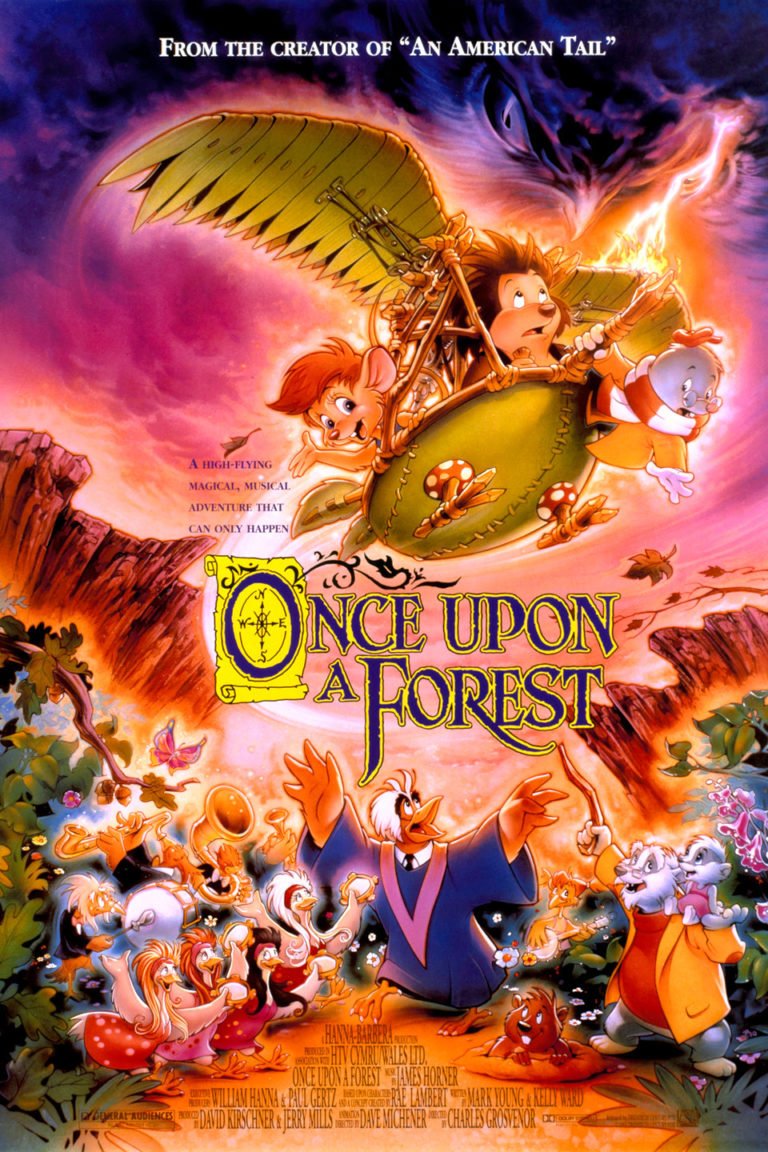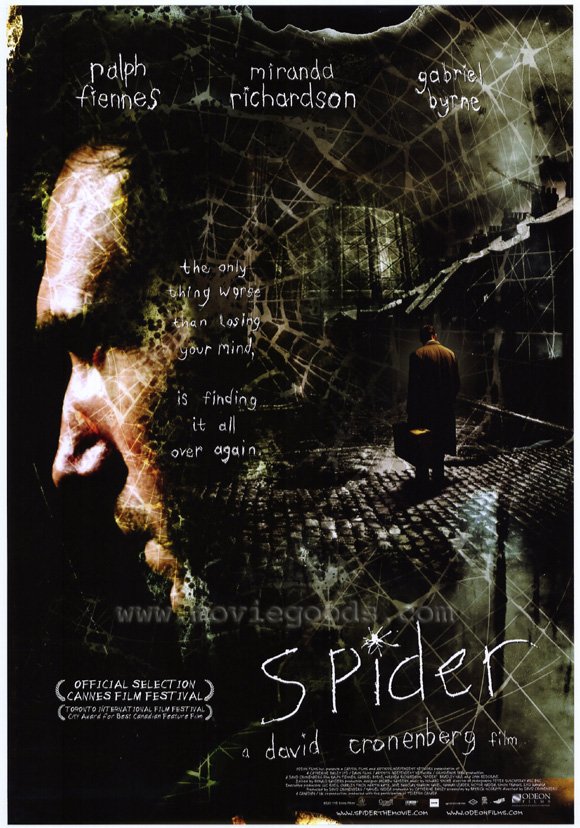
| None | Light | Moderate | Heavy | |
|---|---|---|---|---|
| Language | ||||
| Violence | ||||
| Sex | ||||
| Nudity |
Content:
(PaPa, L, VVV, SS, NN, A, D, MM) Pagan worldview of a mentally-disturbed man struggling to understand his damaged psyche and the consequences of his actions; nine obscenities (including five “f-words”); brutal murder of woman using a shovel (much blood), man cuts hands on broken glass, and father slaps son; boy, running away from home, exposed to brief nudity by prostitute, and finds father fornicating with a prostitute, and man shown with his hand in crotch; brief nudity of man’s side while bathing, women nude in photos, women wearing nightgowns, and some cleavage; alcohol use; smoking; and, stealing, lying, tense scene as man considers attacking sleeping woman with hammer and tools, and the hopelessness of mental patients, whether incarcerated or free, is a primary theme.
GENRE: Drama
PaPa
VVV
L
SS
NN
A
D
MM
More Detail:
SPIDER wanders through the old city, revisiting warm memories and painful experiences of years before as a bystander would watch a scene played out around him. He is, at first, detached but slowly becomes more actively involved as a participant in his memories. Family scenes are spied upon through a kitchen window, then Spider (as an adult) stands in his dining room as he watches the interaction between his caring parents and himself as a child. His father, played by Gabriel Byrne, is portrayed as a man who has a propensity to spend more time at the local pub than at home with his family. Through Spider’s eyes, his father is shown to be a womanizer, adulterer and brutal murderer of his suspicious wife. Young Spider misses his mother terribly and despises the local prostitute his father has brought home to replace her. He carefully plots to take action against this stranger and possibly his father, too. Meanwhile, the adult Spider begins to see this prostitute in his current day experiences, and the audience quickly realizes that Spider’s perspective is not to be trusted. Unfortunately, it is the only perspective the story offers.
Eventually, SPIDER recalls how he tied a long string (one of his spider web strands) to the gas stove in his family’s home. He remembers waiting until his father and the strange woman are home and resting, then he carefully pulls at the string and releases the deadly gas into the house. Once he sees the woman’s dead body, he learns that it is his loving mother who has died and not some prostitute he has imagined. Whether he realizes this truth in his adult recollections or as a child can be debated by the few remaining audience members who cared enough to endure this long ordeal of a movie.
SPIDER is depressing beyond description. As an insider’s view of mental illness, SPIDER is great at raising issues and questions but short on answers. SPIDER’s novelist and screenwriter, Patrick McGrath, was raised on the grounds of Britain’s largest institution for the criminally insane and his familiarity with the subject matter shows. His attention to detail, while initially promising, fades as the audience cares less about the main character. The movie is only 98 minutes long but it feels well over two hours. The story sputters through overdrawn anguish and a clunky conclusion which the audience must suffer. SPIDER’s recollections, remember, are seen through the distorted perspective of a troubled schizophrenic. The audience is bound to be somewhat sympathetic with the protagonist in SPIDER, but viewers soon realize that the credibility of this tale is seriously in question. The pace is meandering, the flashbacks are misleading, and the story’s resolution is as stark and unfulfilling as a visit to a mental hospital.
SPIDER offers no joy, no hope and no solutions for the disturbed individuals in our society other than locking them away . . . out of sight and out of mind. As Christians, serious thought and sympathy should be given to the plight of mental patients. They may be the forgotten and the unseen in our society, yet Jesus died for them, too.
Please address your comments to:
Michael Barker, Tom Bernard & Marcie Bloom
Co-Presidents
Sony Pictures Classics
550 Madison Avenue, 8th Floor
New York, NY 10022
Phone: (212) 833-8833
Web Page: www.spe.sony.com



 - Content:
- Content: 

